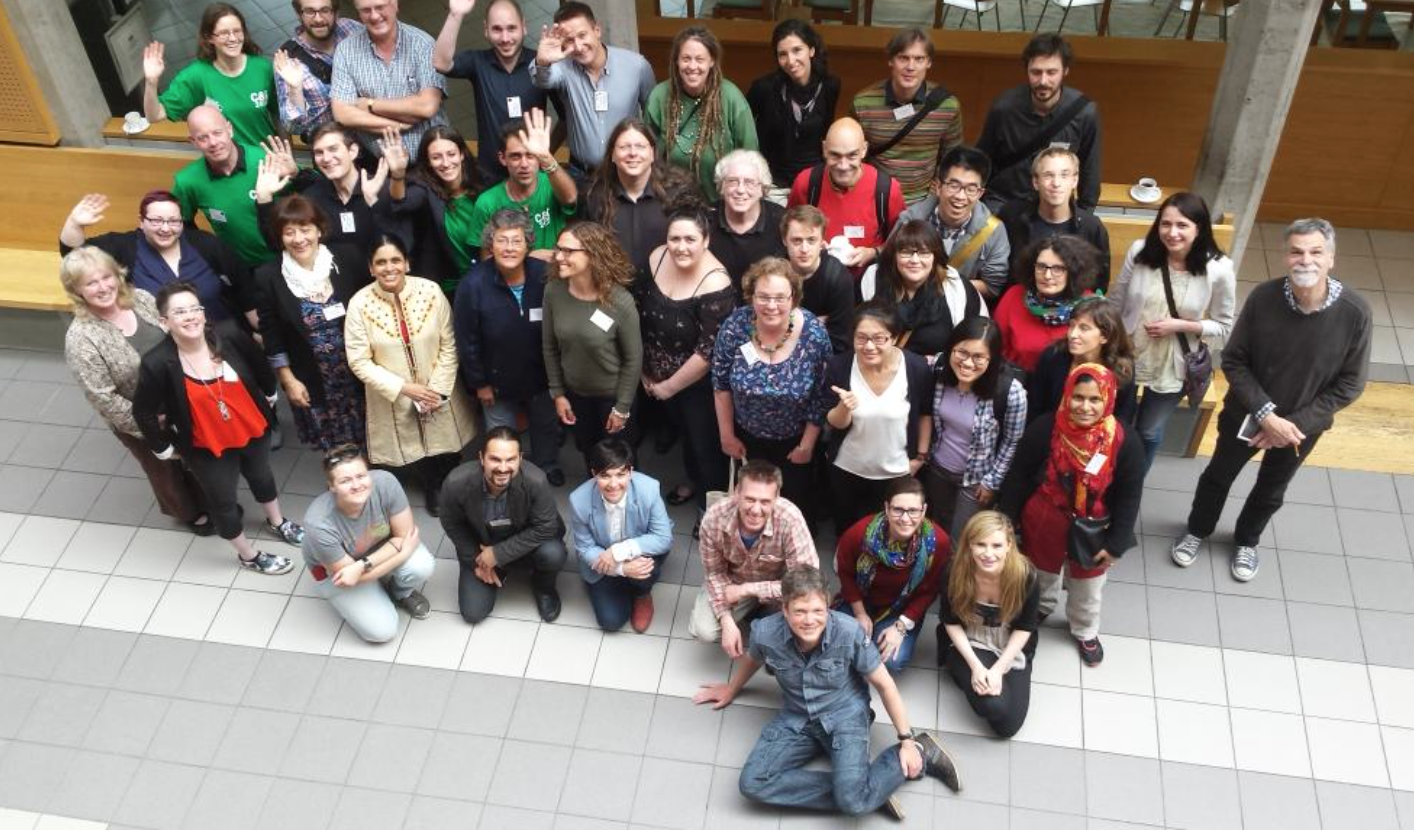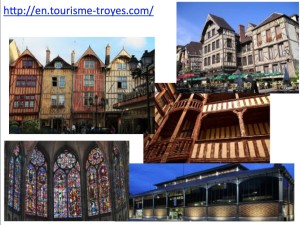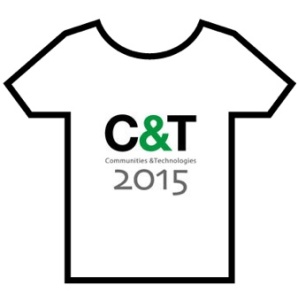Data, profiling and communities – Invited C&T workshop offered by
the Tactical Technology Collective
Date: June 27, 2015 (Saturday)
Time: 10:00 – 16:00
Venue: Engineering Research Building – ERB007 (see map)
Workshop facilitator: Fieke Jansen, Project Lead Politics of Data, Tactical Tech.
About the workshop:
For this workshop we will look at the impact of technologies on communities. Technologies harness a lot of potential for amplifying the work of communities, in both engagement, activism and organizing.
However, technologies have also brought about new challenges to different communities. In this workshop we will specifically want to explore what challenges surrounding data, profiling and communities. Here we want to focus on the abilities and limits of communities to control data that is collected, aggregated and used about them by companies and governments. In the workshop we will explore the digital traces of communities, the workings of the data industry and how this impacts communities. The workshop will be a collaborative and hands on space in which we practically come and understand issue around data and share knowledge and experiences.
About the Tactical Technology Collective:
Tactical Tech is a non-profit organisation, working since 2003 to advance the use of information and digital technologies by advocates and activists worldwide.
Based in Berlin, they work with an international network of partners and collaborators to help rights, accountability and transparency advocates and the communities they work with to use information and digital technologies effectively in their work.
Tactical Tech have three focal areas: understanding & shaping issues; digital security and privacy; and data politics. We work to raise awareness, build practical skills and offer both critical reflection and inspiration in all of these areas.
Through trainings and workshops they provide direct support to over 2000 advocates a year, either through intensive training in small groups, or through ‘flash trainings’ or clinics at large-scale gatherings and conferences.
Over the years they have produced a range of toolkits, guides, online resources and films. Check their website for more information!
Registration fee: 15 eur (includes coffee breaks and lunch)
Register here via Eventbrite .




